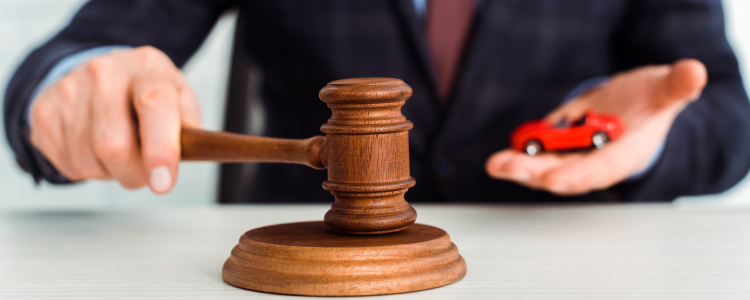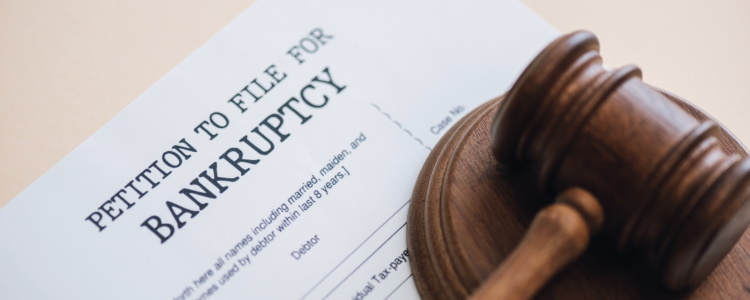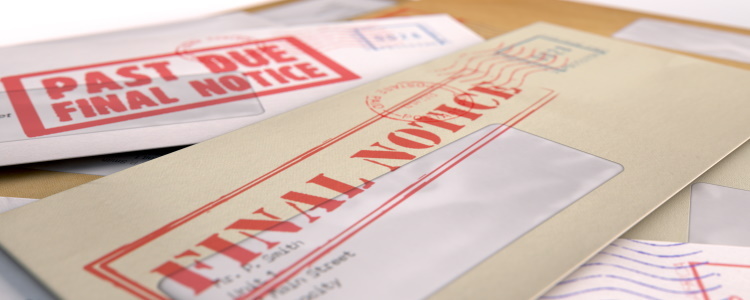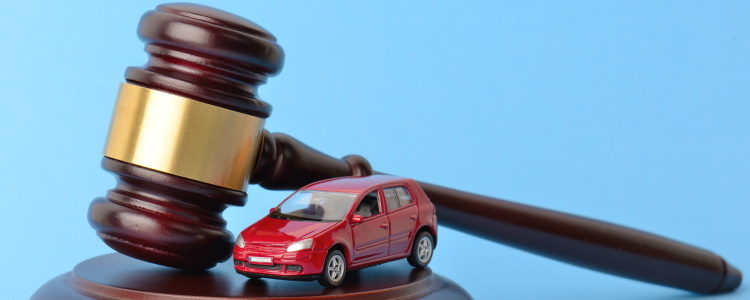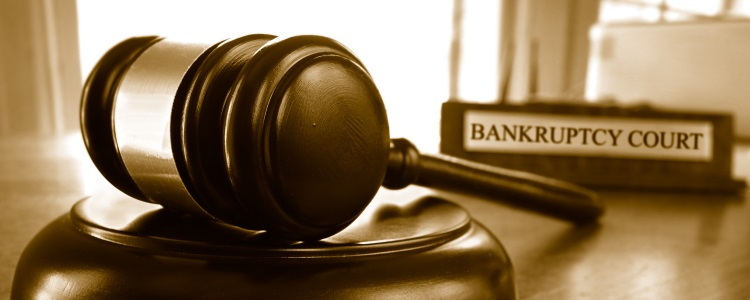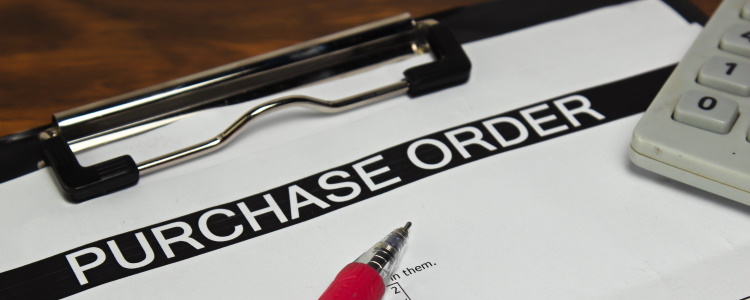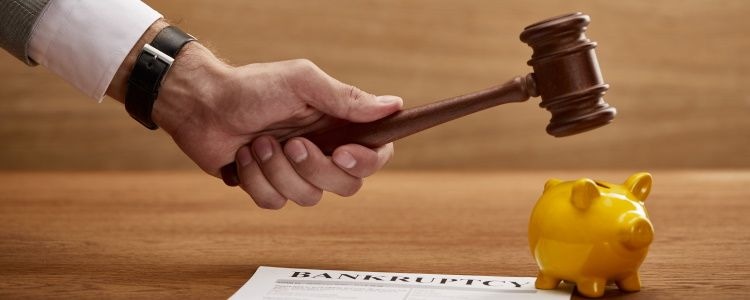There are typically two options for your auto lease when you file a Chapter 13 bankruptcy. You can continue to make your lease payments, or you can return the car. There are pros and cons to both, though.
Leasing and Chapter 13 Bankruptcy
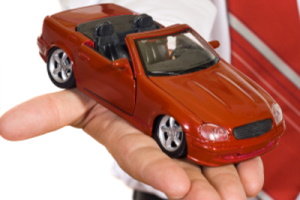 A Chapter 13 bankruptcy is a long process in which you're given the opportunity to repay your debts. In one, you and your court-appointed bankruptcy trustee come up with a repayment plan that allows you to pay back your debts over either three or five years.
A Chapter 13 bankruptcy is a long process in which you're given the opportunity to repay your debts. In one, you and your court-appointed bankruptcy trustee come up with a repayment plan that allows you to pay back your debts over either three or five years.
Even though Chapter 13 gives you the means to repay your creditors, you may not want to keep all your debts. This can often be the case with a leased vehicle.
How your lease is treated during your Chapter 13 depends in part on your trustee. They have until your repayment plan is approved by the court to assume your lease, where your trustee steps in to take over your lease, but this is rare.
Since lease assumption is uncommon, you're likely to be the one who decides how your auto lease debt is treated by either rejecting it or keeping it as is. Your repayment options can vary depending on whether or not you're current on your lease payments.
Keeping Your Auto Lease in Chapter 13
If you're current on your lease payments, need your car, and can afford the payments in your Chapter 13 repayment plan, you're probably better off keeping the vehicle. There are two major disadvantages to this option, though.
The first is that nothing changes about your lease term – you're still responsible for any damages or overages incurred during your lease. This means if your lease is up in 24 months, but you're still in Chapter 13, you’re going to need permission from the court to add these unexpected charges to your repayment plan.
The second is that if your lease runs out before your bankruptcy is discharged, you're going to need permission to either purchase your leased car or buy another vehicle. There are provisions during a Chapter 13 which allows you to get an auto loan during an open bankruptcy.
If you choose to keep your lease while you're behind on payments, not much changes. The only difference is that you pay both future and past-due lease payments through your Chapter 13 repayment plan.
In fact, back payments often get paid first. You're required to have overdue payments caught up by the time the lease term ends, even if your bankruptcy is still ongoing.
Rejecting Your Leased Car During Bankruptcy
If your payment isn't up to date when you file for Chapter 13 bankruptcy, you can also choose to reject your lease. If you do so, your missed payments become part of your repayment plan, along with any additional fees for over mileage or damage to the car.
If you choose to reject your lease, you lose the vehicle shortly after the court approves your repayment plan even if you're up to date on payments. In most cases, this means that you're no longer responsible for repaying the remainder of your lease. But, any damage or fees incurred in terminating your lease early still have to be rolled into your payment plan.
Ready to Take On a More Affordable Vehicle?
If you're considering filing for Chapter 13 bankruptcy, or you’re currently in the process and need to get out of your lease, you have options. Chapter 13 bankruptcy has provisions in place that help bankruptcy borrowers get into the auto loan they need.
Here at Auto Credit Express, we know that bankruptcy and the lower credit score that comes with it don't have to stand between you and the car loan you need. Let us help take some of the weight off your shoulders by doing the searching for you when it comes to finding a dealership to work with. Not all dealers are signed up with bankruptcy auto lenders, and it can be hard to spot them in a crowd.
Instead, just fill out our fast, free, and zero-obligation car loan request form, and we'll get to work matching you with a special finance dealership near you!
